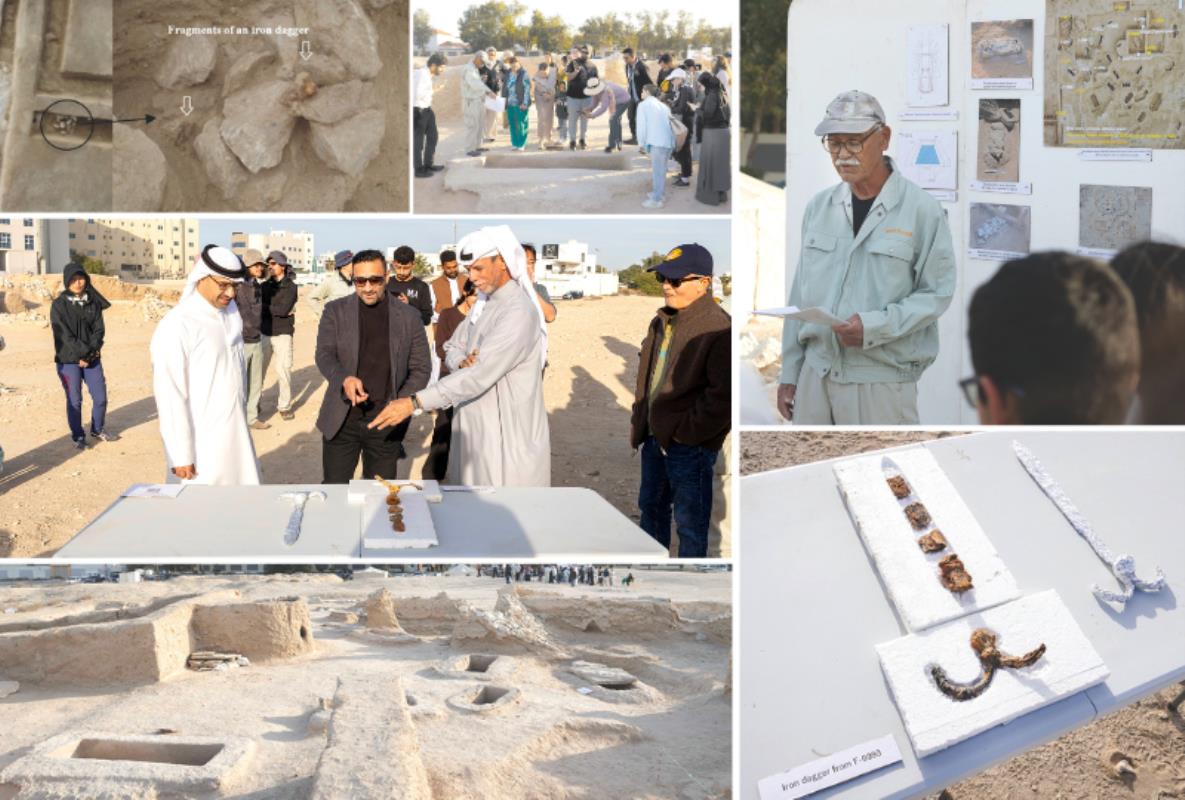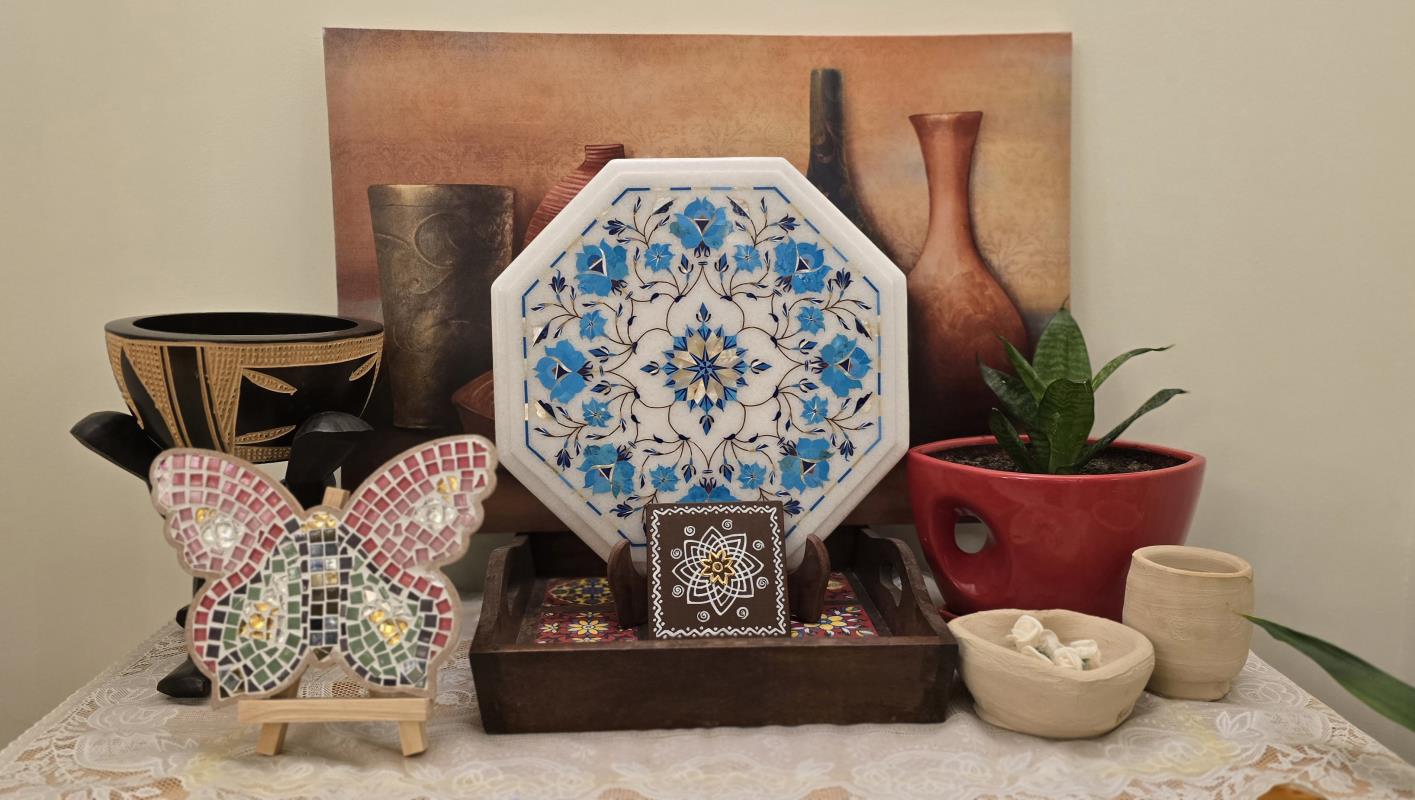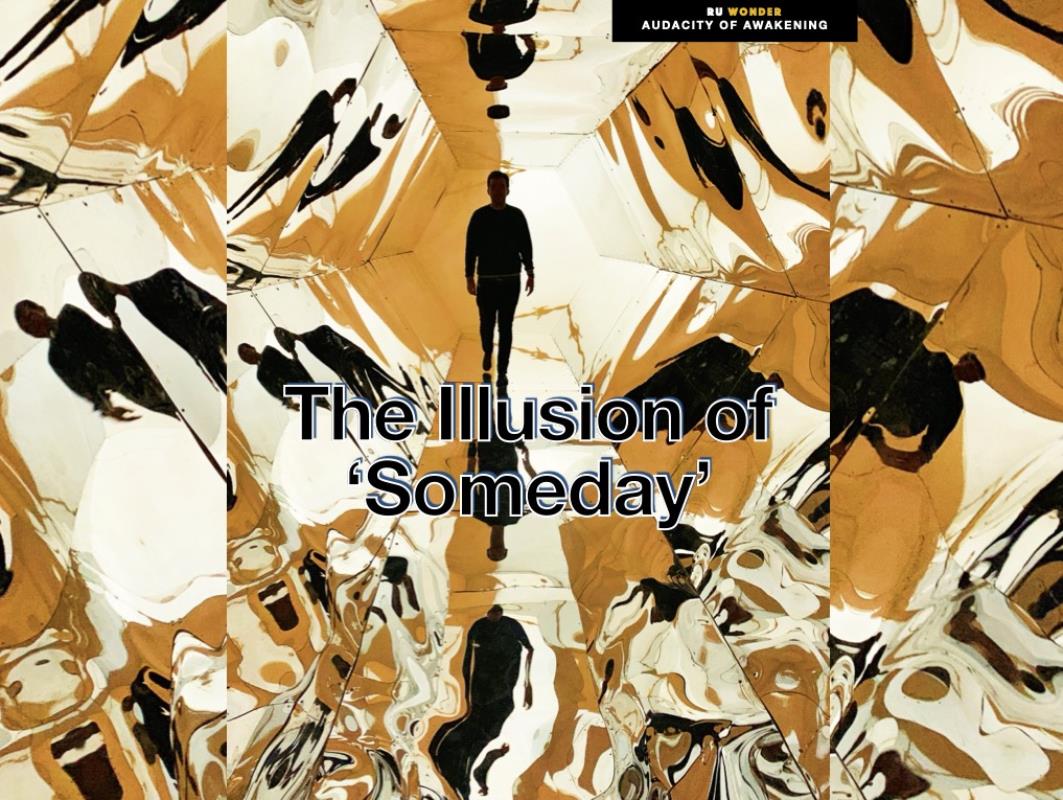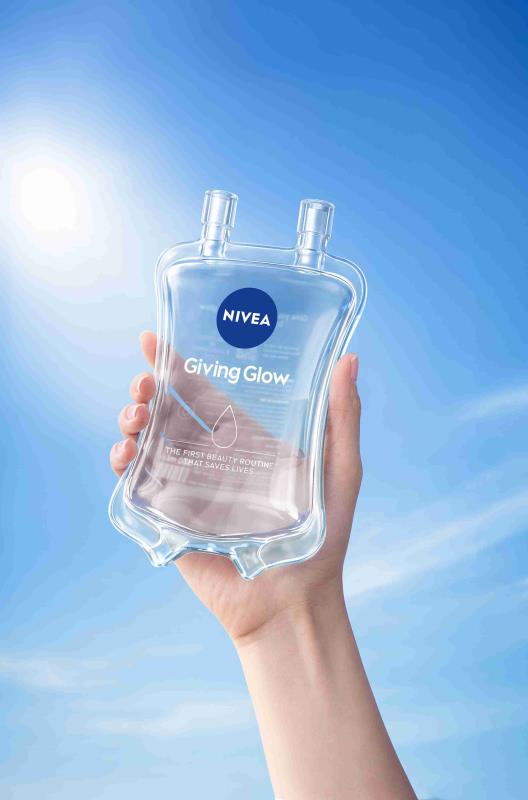
Still waters run so deep,
In a class-conscious Gregorian England,
The best all conviction of what is right or wrong?
The duke Othello with thy sword wooed the love of Ophelia,
her being the duchess wedded and forever indebted to him.
While where his commoners at their plays and rumours.
It had been said at the twelfth night of August,
there will be a ball in host of the duke and duchess.
Much specifically remarked early dawn at the Longbourn House.
His nephew that he wants them wed shall be attending,
Mr. William Wickham who was most handsome and not any deficient.
The eldest lady Longbourn Elizabeth have at him smitten,
and had it up tea with her many sisters.
Lord what fools these mortals be and thou sayest right,
The second eldest being Anne who was with Elizabeth but shy,
Wanted to always marry was the third eldest William.
In this fashion they were in hope to make acquaintance.
To fashion this false sport begged in needed of rings, gawds and conceits.
Resorting to this, Ms. Longbourn was not pleased very sort,
She restricted any of her daughters to attend the ball,
She had agreed and her countenance was such that her daughters….
To be vexed in the arms of someone not her was no mercy to her nerves.
Hath’ not her consent to go and be falsefully indebted to any man.
How old this moon wanes and lingers any thy desire.
Having made all remarks, there was a discussion at night between,
Elizabeth and Anne- while all the ladies and men of Longbourn relented,
The two eldest wanted to run away to the ball whether her mother relented not…. Elizabeth was a most fair girl not lacking any sort yet fell to any flattery,
Anne had been the intelligent and always kept to herself shy away,
But indeed she had the desire to run away to places far aways and seek
her love in the dead of day.
A Night before the Ball-
It had come that the moon had waned so far,
the early dawn remarks Elizabeth and Anne.
Having their confidentiality abiding not to tell a soul their wicked wit,
One day to the ball and felt the lethewards had sunken hemlock.
True to their propositions, roamed out yonder with her mother’s consent,
Said her and Anne were going to the markets,
Lost to all music now and forever….
Beseeches of the finest blue or the bracelets for thy hair,
with no money they had come but dreamt of will but a poor thousand crowns. Their social classes were that in poverty,
Having no courage to ask in consent of their mother to look forward for money, marriage had took away their moral ethnicity of what is wrong,
or right, with the perspective to head up yonder to the selling shops,
and then foul it is but to steal and rob the runaway shops.
If she ever wanted any gentleman to be smitten with her,
She had to do what it took or better otherwise the most fallen fate,
One of thy being married to the social class she always was in,
relent to years of suffrage under thy title of her.
To proclaim this well, Elizabeth much cunning to devise this plan,
Anne, her countenance not being such…
But what marriage had took away her morality seemed to steep in.
They covered themselves in plastered black and where no doubted,
Took a bag and a mass covered them with knacks, trifles, nosegays,
Sweetmeats, messengers and the fairest of fine gold dresses.
To say they had their fortunes and had no doubt prevailed.
When back at home and again in not their solitudes,
At seven today when all is asleep, ran they would in the prettiest dress.
By the moonlight like a silver bow that not aways steeps the time,
When the mother had lost her suspicions to the time it was,
Having a desire to rest ran away relent.
And at the dead of night that in a fashion this way,
When it was time, they took a black horse from their own farm,
and rode away……
Off in garrots to somewhere far off to their fantasies.
Elizabeth, walked in and caught the attention of William.
Deceit not this poor class not for when the fair maiden had come,
Any mortal could have been fooled to mistaken her for a sweet lady.
Anne, unmanned oh so to make such an entry-
Took a pause and then she walked against the walls,
Her appearance was such so to make any man fall in love with her,
Yet her shy countenance made her to not be baited not….
‘Wittle whether you good lord’, making a remark Elizabeth wished William.
At two plays, Elizabeth was the first being asked to dance by William,
at the other up yonder Anne who failed to make any notice,
drank up the rhite wine up at William and in his arms Elizabeth was,
Anne now foul to this scene felt but a mockery of thee,
With jealousy well why Elizabeth was just had her second dance asked.
To remark before she could, came a gentleman….
All had to agree he was the most fine…
Much handsome than William, and he had entered the hall.
Lifting up a glass in courtesy and bowed down to the guests,
And without a word had left to up yonder.
Anne, had now gone smitten with whoever he was.
Inquiring to make his remark, asked a lady on whose his name?
Said to be the gentleman Mr. Lucas a friend of William who owned estates
And then to her play, found Lucas away in a corner silent.
-End of Act 1









































































